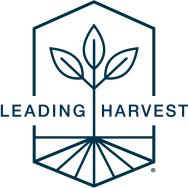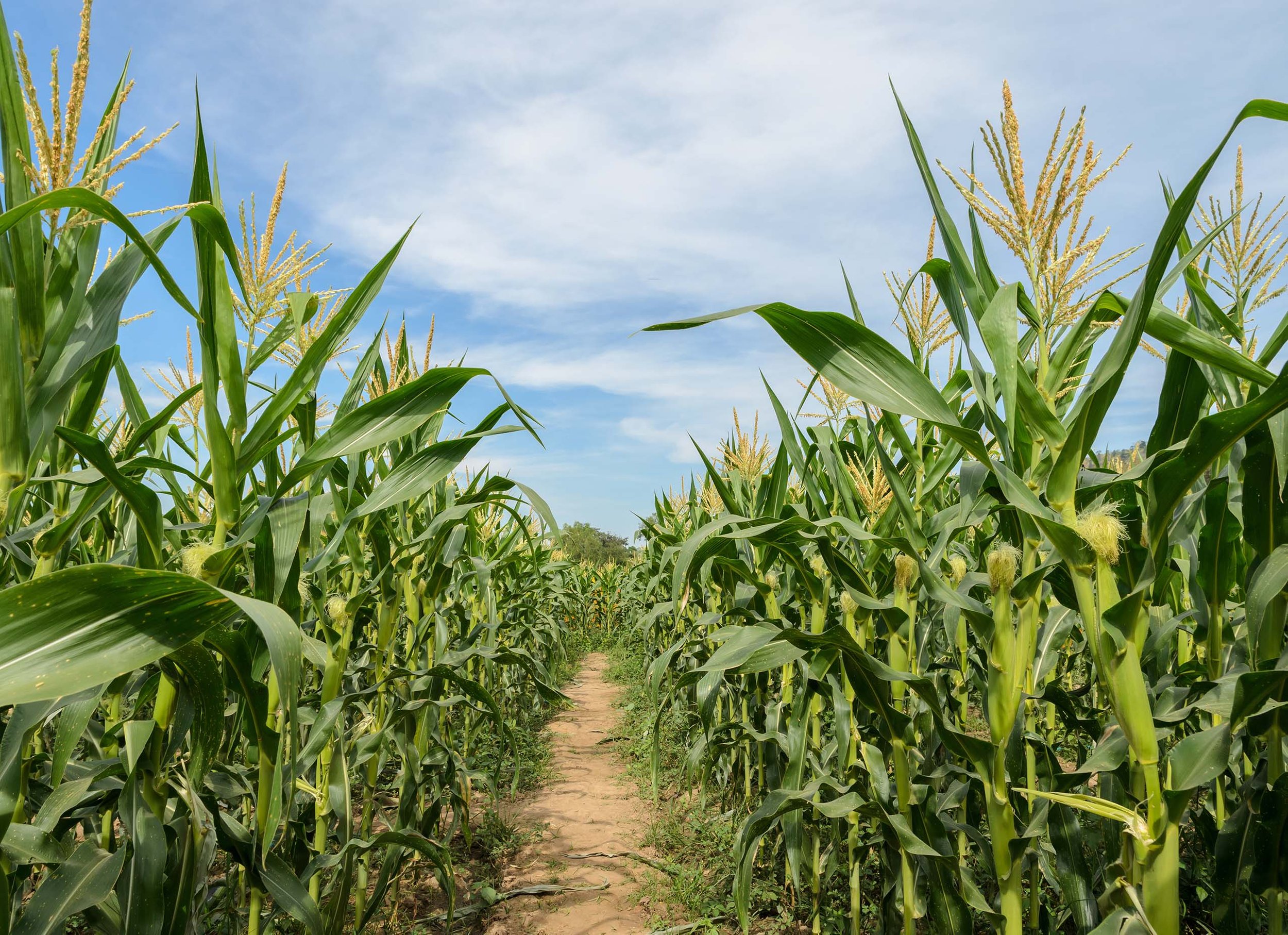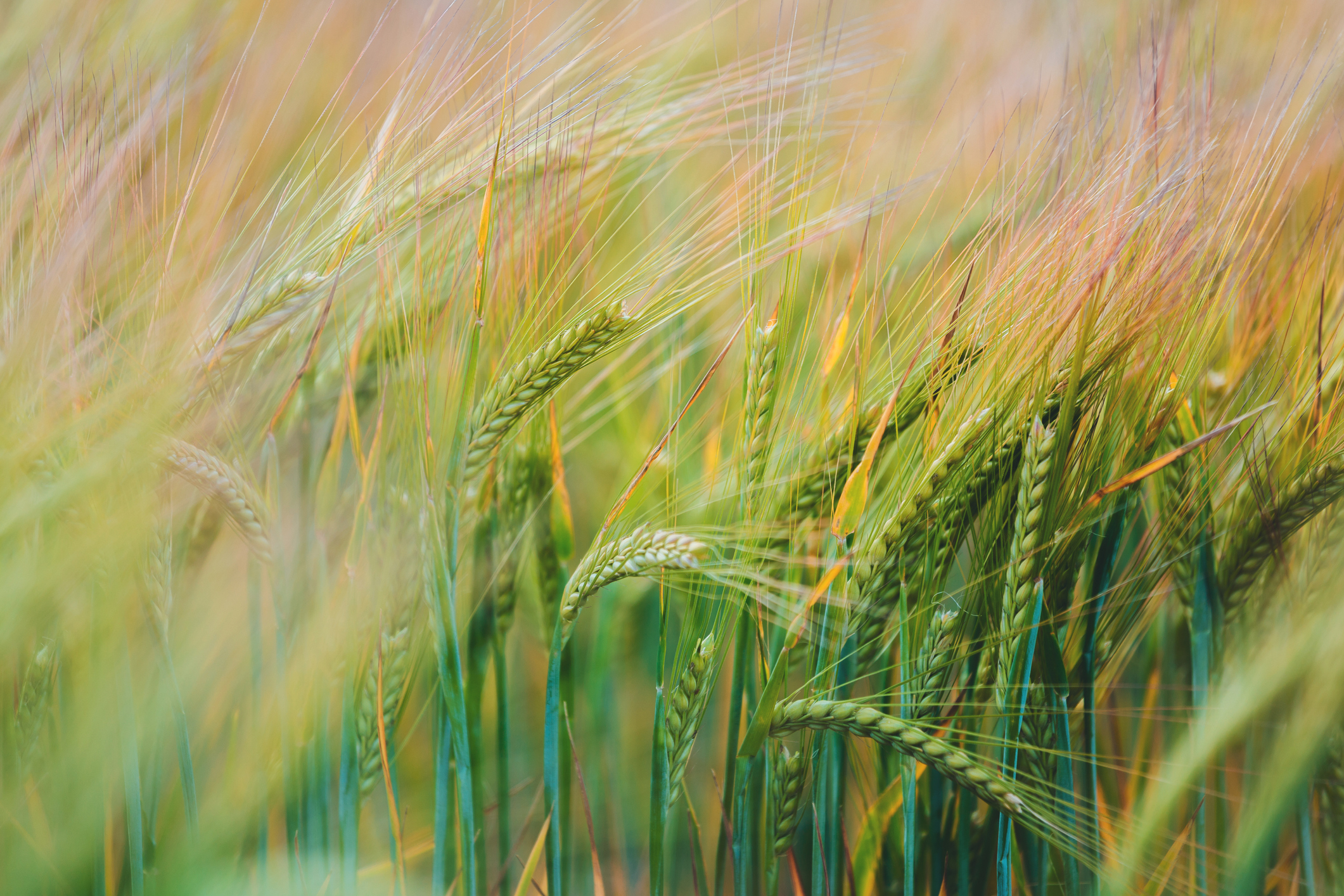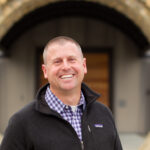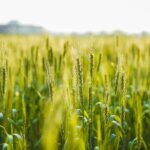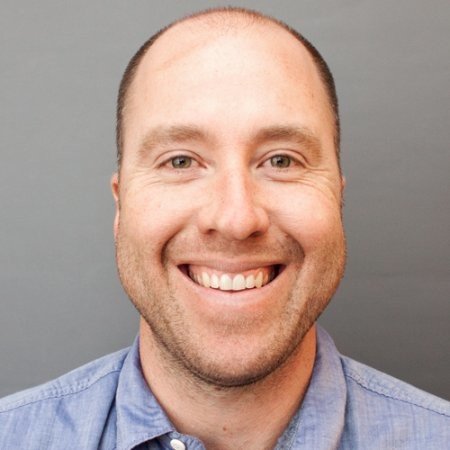
Where are you located?
Deephaven, Minnesota
How did you become involved in sustainability/agriculture?
I studied forestry and natural resources in college because I loved learning about ecosystems and different ways to use land, while also being skeptical about how the production of farms and forests can work for our future. I considered all sorts of jobs that would use this education and curiosity and I quickly got involved with voluntary, 3rd party sustainability certification working with companies in the forest product industries that wanted to certify their goods as coming from responsibly managed forests.
What do you like to do outside of work?
Get outside! Usually on Lake Minnetonka, which is a short walk away through the neighborhood. My wife and I have two children, 12 and 7, and we enjoy boating and sailing in the summer and sledding and skiing in the winter. I also try and keep up with any sort of board sport I can get my feet on.
Tell us about your skateboard company. What was the inspiration for it?
During a time when I was auditing all sorts of companies in the forest products world, I came across a unique pressboard material that is made from layers of paper. I was doing a lot of skateboarding at the time, as I had recently moved to Minnesota and was about 2,000 miles from being able to surf in the ocean, which is a passion of mine. I joined up with a close friend who knew design and manufacturing and a fun hobby turned into an LLC that sold a couple hundred boards over a 10 year period. We learned a lot and made some great memories!
What is your biggest professional achievement to date?
Auditing is difficult. Most people have a negative connotation in mind when they hear “audit” or “auditor”, and I try to educate people on the purpose of auditing whenever I get that sense. Auditors are looking for evidence of conformance! They are not looking for problems, but instead are asking companies to show them the ways they meet the requirements of a standard. In a previous role, I created an “Introduction to Auditing” training course that explained the principles of this important work and we would spend a day going through the audit process, from planning to conducting the audit to report writing. During a four-year period I trained over 150 new auditors and am proud to have been the one to introduce them to this critical role.
What is your role at Leading Harvest and what kinds of projects will you work on?
As the Director of Standards and Education, I will work on maintaining the Farmland Management Standard and ensuring future standards (country adaptations, supply chains, etc.) are consistent with one another. As Leading Harvest continues to emerge, I will also help educate program users and stakeholders on our mission, vision, and the technicalities of the standards.
What are you most excited to work on?
As this role is brand new to me, I am excited about everything! I am most excited about working with my fellow Leading Harvest staff members, board of directors, and members of our resource group. I am also excited about helping create a quality management system to guide our growth.
What makes the Leading Harvest Standard different from others you have worked with?
The 13 principles of the Farmland Management Standard cover nearly every social, economic, and environmental topic applicable to a farm. While there are a few other standards that encompass a similar scope in their principles, I have not seen another that does so in a way that is scalable and not limited to a geographic region or crop. There is also a lot of flexibility in how a farm can exhibit conformance, which is an excellent opportunity for ingenuity by the management system being evaluated, as well as an excellent opportunity for education and calibration for auditors who are doing the evaluations.
In your experience of working with a variety of standards and certification programs, what is the value of harmonizing sustainability reporting?
We all know the marketplace is flooded with sustainability claims. Even as an educated consumer, I can become numb to little labels on packaging and brand proclamations in the media. Harmonizing is decluttering and simplifying. It is bringing things to the surface that are the most meaningful. Harmonizing sustainability reporting makes it easier to identify the standards that address topics that are important to you.
What makes you hopeful about the future of sustainability in agriculture?
My grandfather was a citrus farmer in Orange County, California back when it was, you know, oranges. Now there are mansions and urban areas sprawling where there is not enough water, poor air quality, and a changing climate making these things worse. For the most part, crops grow where there is water and sunshine, two things people also enjoy and congregate around, so helping find ways to make both possible is a passion worth pursuing. I think the Leading Harvest Farmland Management Standard is after the same goal, but in the form of a technical standard that presents very important sustainability principles. I am hopeful that producers will commit to these principles before consumer demand makes the decision for them, as a commitment at the beginning makes all the difference as goods travel up the supply chain.
